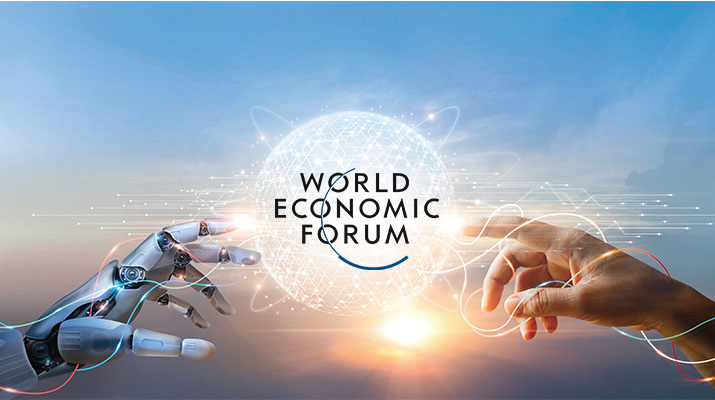The World Economic Forum has predicted that 41 percent of companies worldwide will soon replace their human workforces with artificial intelligence.
According to the WEF’s “Future of Jobs” report for 2025, nearly half of jobs traditionally performed by humans will become automated by AI by the year 2030.
Newstarget.com reports: The report, released ahead of the WEF’s annual meeting in Davos, surveyed hundreds of large companies across the globe. While 77 percent of these businesses plan to reskill and upskill their existing employees to work alongside AI, the overarching message is clear: AI is not just a tool for enhancing productivity – it is a force that will fundamentally alter the job market.
What makes this report particularly alarming is its timing. As Patrick Wood, editor at Technocracy.news, points out, the WEF’s findings are already outdated. Over the past six to nine months, AI has doubled in intelligence and capability – twice. This exponential growth suggests that the WEF’s predictions may be far too conservative.
By mid-2025, experts predict the arrival of artificial general intelligence, a form of AI that can perform any intellectual task a human can. By 2030, virtually every company on the planet will feel the impact.
Insider Alert!! – Operation Phoenix Hits Critical Phase: The GESARA Teachings You Must Learn Before the Greatest Wealth Transfer in History Reclaims Money from the Elites and Returns It to You!

Postal clerks, secretaries and payroll clerks most likely to have their jobs taken by AI
The WEF report identifies specific roles that are most vulnerable to AI-driven automation. Postal service clerks, executive secretaries and payroll clerks top the list of jobs expected to decline the fastest.
Even roles requiring higher levels of creativity and knowledge, such as graphic designers and legal secretaries, are not immune. Generative AI – the technology behind tools like ChatGPT – can now produce original text, images and even complex legal documents with minimal human input.
This shift is not just about replacing repetitive tasks; it’s about redefining what it means to work. As AI becomes more sophisticated, even jobs that once seemed secure are being re-evaluated. The report notes that generative AI’s ability to perform knowledge work is a game-changer, signaling a future where human expertise is augmented — or outright replaced — by machines.
While the report paints a grim picture for certain professions, it also highlights opportunities in the AI-driven economy. Nearly 70 percent of companies plan to hire workers skilled in designing AI tools and enhancements, while 62 percent are seeking employees who can collaborate effectively with AI. This suggests that the job market of the future will prioritize technical expertise and adaptability.
The WEF also emphasizes the potential for “human-machine collaboration,” where AI augments human skills rather than replacing them entirely.
AMAZING! This Weight Loss Method Is BREAKING the Internet – The Results Are UNREAL!






